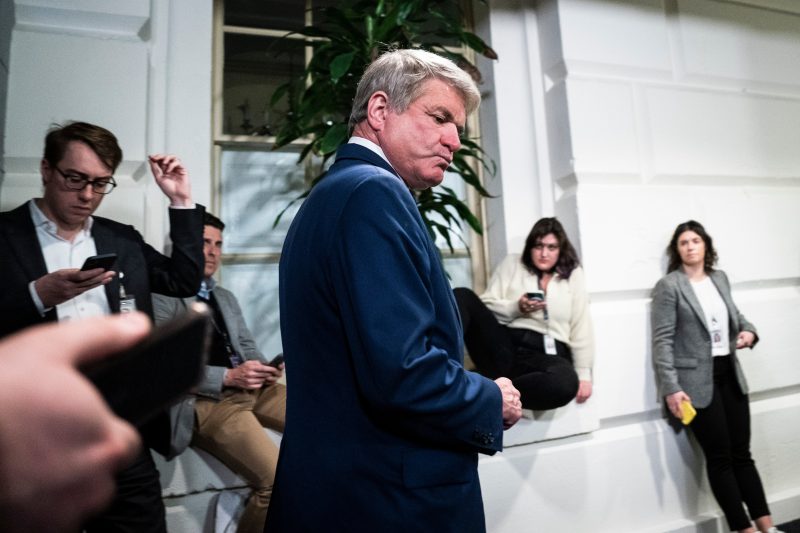
Exposing the GOP’s Russian Propaganda Problem: Insights from a Senior Republican
In a recent surprising turn of events, a top Republican figure openly acknowledged the detrimental impact of Russian propaganda within the GOP ranks. This revelation sheds light on a critical issue that has long been a subject of speculation and concern among political analysts and the American public.
The notion that Russian propaganda has found its way into the fabric of the Republican Party is not a new one. Over the past few years, there have been numerous reports and studies highlighting the extent to which foreign actors, particularly those with ties to the Russian government, have sought to influence American politics through misinformation and disinformation campaigns.
What sets this recent revelation apart is the source from which it comes – a high-profile Republican figure whose words carry weight within the party and the broader political landscape. By acknowledging the presence of Russian propaganda within the GOP, this individual has provided a rare moment of self-reflection for a party that has often been criticized for its reluctance to address internal issues.
The acknowledgment of Russian propaganda within the GOP raises important questions about the party’s vulnerabilities and the broader implications for American democracy. How has the Republican Party, once known for its steadfast commitment to American values and national security, become susceptible to foreign influence? What steps can be taken to safeguard the integrity of the party and protect the sanctity of the democratic process?
One possible explanation for the infiltration of Russian propaganda within the GOP is the increasing polarization of American politics. As the country becomes more divided along partisan lines, there is a growing willingness among some individuals and groups to prioritize political gain over the shared values that have traditionally underpinned American democracy.
Furthermore, the rise of social media and digital technology has provided foreign actors with new and powerful tools to disseminate propaganda and sow discord within American society. The speed and reach of online platforms make it easier than ever for misinformation to spread and influence public opinion, posing a significant challenge to those seeking to combat the spread of false narratives.
Moving forward, it is crucial for the Republican Party and American society as a whole to confront the challenge posed by Russian propaganda head-on. This requires a commitment to transparency, accountability, and a shared dedication to upholding the principles of democracy and national security.
By acknowledging the presence of Russian propaganda within its ranks, the GOP has taken an important first step towards addressing this pressing issue. It is now incumbent upon party leaders and members to work together to identify and root out foreign influence, safeguarding the integrity of the Republican Party and the democratic process as a whole. As the saying goes, Sunlight is the best disinfectant, and by shining a light on the issue of Russian propaganda, the GOP has set a precedent for openness and accountability that can serve as a model for other political parties and institutions.
